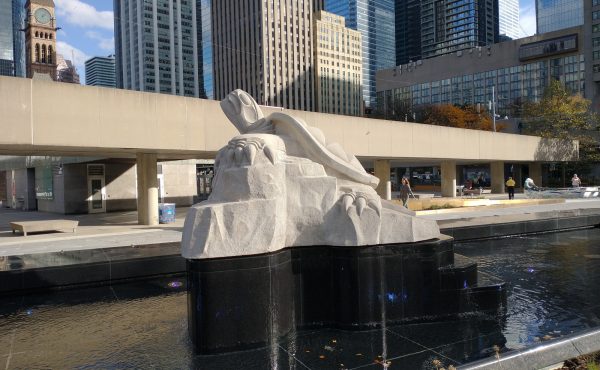
Cross posted from Eye Weekly.
Big cities are notorious for their smog, but aside from car exhaust, do we really know what’s in our air? Figuring out how to improve our air quality and advocating for those improvements is difficult if you don’t know what harmful chemicals you’re breathing in and where they come from. To help members of the public overcome this problem, the city is considering a new Environmental Reporting and Disclosure Program, also known as a Community Right to Know Bylaw (CRTK).
Under the new bylaw — which hasn’t been officially written up yet — businesses would be required to report their use of 25 “priority chemicals,†and this information would be made available to the public. The idea is that the whole process will help businesses become more aware of the pollutants they are producing and, as a result, take steps to lower their emissions. If city council passes the bylaw this spring, Toronto will become the first jurisdiction in Canada to track toxic pollutants.
Of course, requiring businesses to report on emissions isn’t a new idea — the federal government, for example, already tracks harmful emissions through the National Pollutant Release Inventory (NPRI). At the local level, however, information is scarce. NPRI only goes after large companies, which means that the majority of Toronto’s businesses are exempt. According to Toronto Public Health, an estimated 80 per cent of the “priority substances†that are emitted in Toronto don’t get reported at all.
City staff have been researching how to best set up their own program for the past two years, consulting with businesses and investigating similar programs in other cities. Now, they’re looking to get feedback from the general public on the idea. More information on the proposed program is available on the city’s website, where you can download the “consultation document†[PDF] and find contact information for Toronto Public Health, which is spearheading the bylaw. The deadline for comments is February 6 at 5pm.

